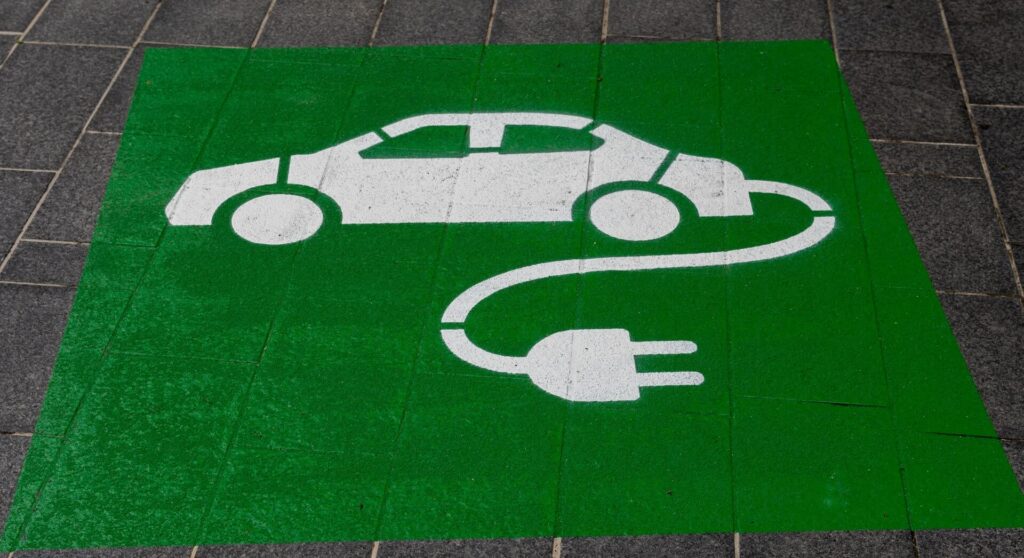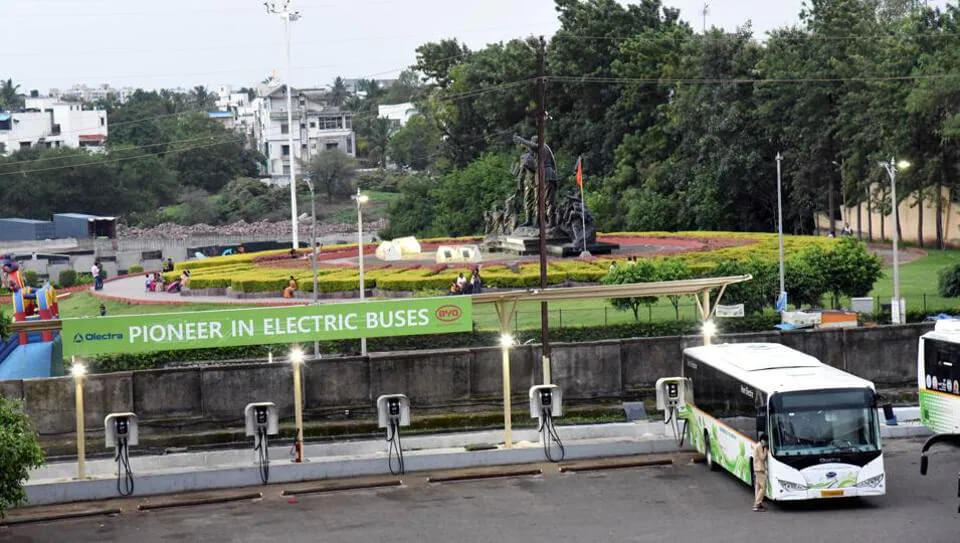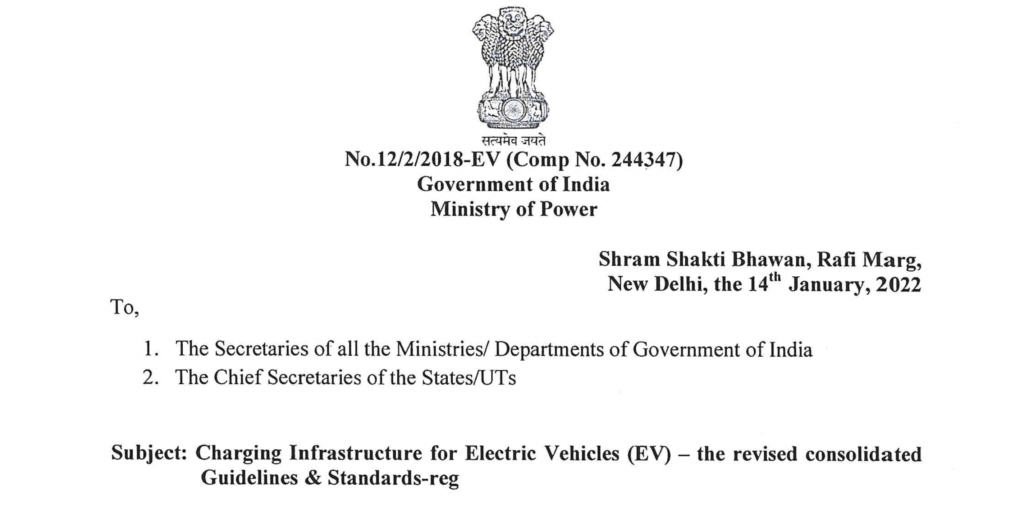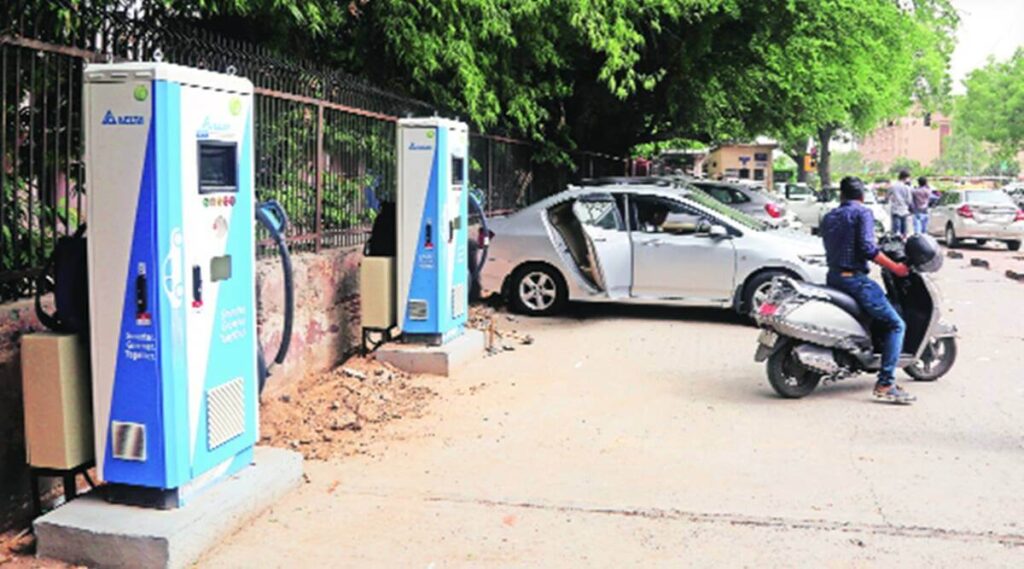
Hyundai Motor, the South Korean automaker, is set to invest in the Indian state of Tamil Nadu. With a planned investment of $2.45 billion over the next decade, Hyundai aims to boost electric vehicle (EV) production in India, which is currently the world’s most populous country. The investment will involve increasing the production volume at Hyundai’s factory near Chennai and establishing a battery pack assembly unit, as well as installing EV charging stations across the state. This move aligns with India’s push for local manufacturing and the growing demand for EVs in the country.
Hyundai Motor Co, the South Korean automaker, has announced plans to invest $2.45 billion in the Indian state of Tamil Nadu over the next 10 years. The investment aims to strengthen electric vehicle (EV) production in India, the world’s most populous country. Hyundai plans to increase the production volume at its factory near Chennai from approximately 775,000 vehicles to 850,000 vehicles per year.
Tamil Nadu’s capital city, Chennai, often referred to as the Detroit of Asia, is a major hub for automobile manufacturing, housing renowned companies such as Ashok Leyland, TVS Motor, and Renault-Nissan. Hyundai, through its Indian subsidiary Hyundai Motor India, will establish a battery pack assembly unit with an annual capacity of 178,000 units. Additionally, the company plans to install 100 EV charging stations across the state of Tamil Nadu within the next five years.
While Hyundai did not provide a specific timeline to achieve the production target, citing volatile demand, it aims to increase its export volumes from 181,000 vehicles in 2022 to 319,000 vehicles by 2032. This investment plan follows the recent announcement by the Indian government to raise taxes on imported vehicles, encouraging local manufacturing.
To take advantage of the government’s production incentive scheme, which applies only to manufacturing within the country, Hyundai is developing a local vendor base for EV parts instead of relying on imports. Puneet Anand, a senior executive for corporate affairs, highlighted this strategy during a news conference.
India’s EV industry is rapidly growing, with domestic carmakers Tata Motors and Mahindra & Mahindra, as well as global rivals Nissan Motor and Renault SA, launching a range of EV models. Hyundai, aiming for a 20% market share by 2032, has plans to introduce five new EV models in the country. However, the EV market in India is still relatively small, accounting for only 1% of total car sales in 2022. The Union Government has set a target of achieving a 30% EV market share by 2030.
Currently holding about 15% share in India’s passenger vehicle market, Hyundai ranks second after Maruti Suzuki India, the local unit of Japan’s Suzuki Motor. With its significant investment and commitment to expanding EV production, Hyundai aims to strengthen its position in India and contribute to the country’s ambitious goals for sustainable mobility.



